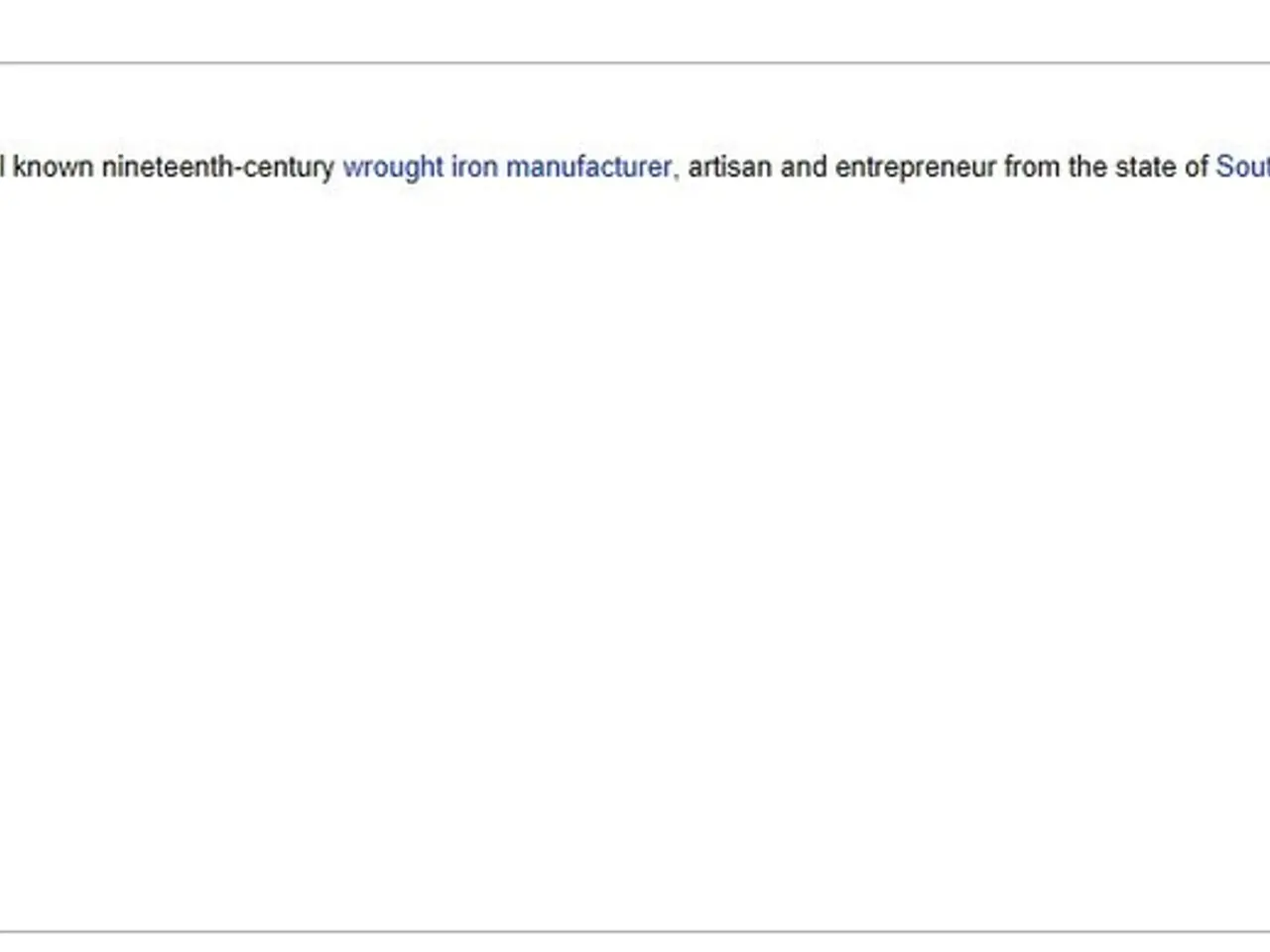Online gambling groups advocate for legislative oversight of internet-based casinos
In the heart of Europe, Germany's online gambling landscape is undergoing significant changes, with the industry calling for reforms to make licensed offerings more attractive and combat the sizeable black market.
Since legislation passed in 2021, online gambling, including casinos, is permitted in Germany, but the regulatory framework is considered one of the most restrictive globally. Key restrictions include a maximum stake limit of €1 per spin on online slots, a monthly player deposit cap of €1,000 across all regulated platforms, mandatory delays of 5 seconds between slot spins, and stringent player protections like mandatory identity verification and access to a national player blocking system.
In 2025, the state parliament of Baden-Württemberg introduced a legal amendment allowing residents access to online roulette and blackjack, but only through the state-run operator, effectively creating a state monopoly for online table games. Critics argue that this move may limit the ability to draw players from the black market due to the progressive tax regime and stringent consumer protections.
Gaming machine manufacturers and industry bodies, such as the Deutscher Sportwettenverband (DSWV), advocate for urgent reforms to make licensed offers more appealing. They argue that excessive restrictions push users to illegal offerings, undermining the legal market, and that licensed operators face stringent compliance that diminishes their competitiveness.
The associations call for additional regulations and the legalization of online casinos in Germany. The validity period for sports betting licenses has been shortened from seven years to 18 months in the third State Treaty on Gambling, a move criticized by the European Commission, which argues that the short validity period gives companies too little incentive to switch from the unregulated area to a regulated framework.
Operators of these platforms refer to EU law to circumvent German regulations, while the president of the Bundesverband Automatenunternehmer, Thomas Breitkopf, emphasizes that when drafting new legal texts to regulate the gambling industry, quality should be given priority over quantity. The chairman of the Automatenverband Niedersachsen e.V. warns legislators not to repeat old mistakes when regulating the gambling industry, stating that "only a reasonable and legal framework ensures effectiveness and consumer protection."
The third Gaming State Treaty Amendment, which will come into force on January 1, 2020, was agreed upon by the ministers of the individual federal states. Online casino offers are provided in Germany despite it only being legally allowed in Schleswig-Holstein. If the Gaming State Treaty remains unchanged, the experimental clause will also be extended beyond June 30, 2021.
The legalization of online casinos in Germany could provide opportunities for German online casino providers to stay in the country and pay taxes to the Federal Republic like other companies. The associations argue that this move could not only boost the economy but also enhance consumer protection by ensuring that all operators adhere to the same strict regulations.
As the debate continues, one thing is clear: the online gambling industry in Germany is poised for change, with both industry bodies and the European Commission calling for reforms to ensure a fair and competitive market that prioritizes consumer protection.
[1] [Source 1] [2] [Source 2] [3] [Source 3] [4] [Source 4] [5] [Source 5]
Sports can be found on numerous online casinos in Germany, adding an extra layer of excitement for players. However, the industry's call for reforms persists, aiming to make licensed online casinos more attractive, reduce the sizeable black market, and ensure a fair and competitive market that prioritizes consumer protection.






